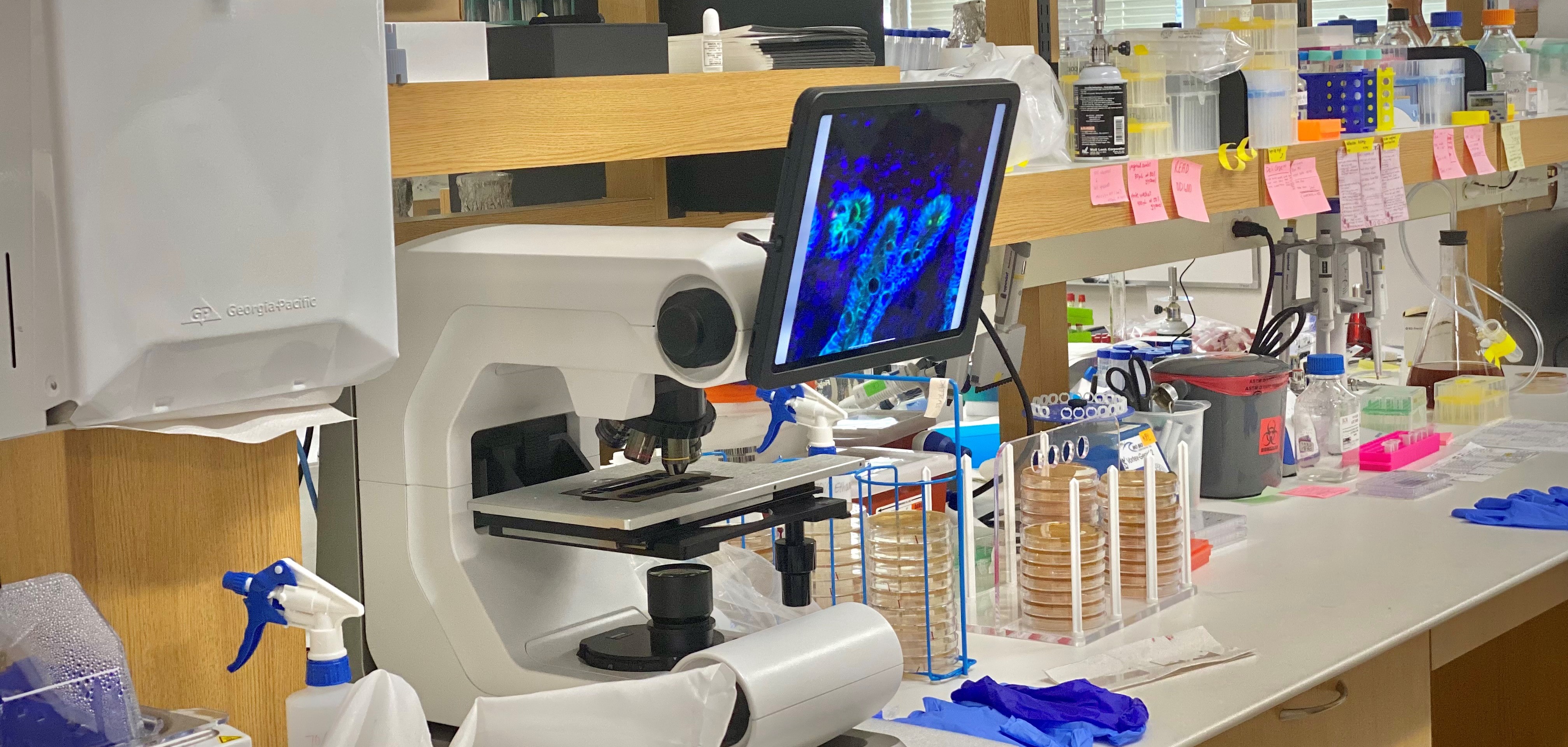Two reports released today that provide an update on the health of the Great Barrier Reef show why urgent action is needed to protect the Reef and the thousands of jobs that rely on it.
The Outlook Report and latest Reef Water Quality Report Card, both released today, show water quality is still threatening the Reef and many marine species.
Minister for Environment and the Great Barrier Reef Leeanne Enoch said the 2017-2018 Reef Water Quality Report Card, a joint report between the Federal and Queensland Governments, shows the quality of water flowing into the Reef was not improving fast enough.
“This scientific evidence further highlights why our proposed Reef Regulations are vital to protecting the Great Barrier Reef and the 60,000 jobs that rely on its health.
“The Report, which outlines the progress towards the Reef 2050 Water Quality Improvement Plan targets, shows land-based run-off still remains a problem and that urgent changes are needed if we are going to meet our targets,” she said.
“The Report also shows that many farmers have been doing good work to help improve the quality of run-off, but unfortunately the science is showing that uptake has not been fast enough.
“For example, we want 90% of sugarcane land across the Reef catchments managed using best management practice systems by 2025. But, the results show this was happening on only 9.8% of land so far.
“There are some positives in the report, such as sediment and nutrient targets being met in Cape York, which is a good result for the region. However, overall water quality modelling showed only a 0.3% reduction in dissolved inorganic nitrogen and a 0.5% reduction in sediment in 2017-2018 across all regions.
“This simply isn’t enough.
“There are also a lot of scores that are poor, or very poor.
“All of these results show why the Palaszczuk Government’s proposed reef regulations are needed.”
The 2019 Outlook Report, released today by the Great Barrier Reef Marine Park Authority, also shows the overall outlook for the Reef is very poor.
“This report, which is prepared every five years, shows most of the “high risk” threats to the Reef relate to climate change or land-based run off (water quality),” Ms Enoch said.
“The report also says that the science is clear: initiatives that will halt and reverse the effects of climate change at a global level and effectively improve water quality at a regional scale are the most urgent to improve the Region’s long-term outlook.
“This is why our Government’s actions – including the proposed reef regulations and our action to reduce emissions and address climate change – are so important.”
Internationally renowned reef scientist Professor Ove Hoegh-Guldberg said the outlook for the Great Barrier Reef hinged on effectively dealing with climate change and on reducing the impact of land-based run-off on water quality.
“These are two critical issues that must be addressed if we are to enjoy the $5-6 billion flowing into our economy, as well as the 60,000 jobs, from having a Great Barrier Reef,” Professor Hoegh-Guldberg said.
“The Queensland Government’s transition to a low-carbon economy is critical, but so too is improving water quality.
“The Queensland Government’s proposed Reef regulations are absolutely necessary if we are to take some of the stress off the Reef. Working together as one community is essential. This legislation does just that.”
Professor Hoegh-Guldberg also said while the Report Card offered some good news for parts of the Great Barrier Reef, a lot more needed to be done.
“We’re still a long way off what’s needed to protect the Reef. Unfortunately, the conclusions of the scientific consensus statement on Great Barrier Reef water quality have not changed substantively since 2017,” Professor Ove Hoegh-Guldberg said.
“We also have to remember that it is a huge problem to solve. If you think about it, the problem took 150 years to create, and it isn’t going to go away overnight. We must be patient – we are in an early stage of the solutions.”
Professor Ove Hoegh-Guldberg is Director of the Global Change Institute at the University of Queensland and Deputy Director of the Australian Research Council Centre of Excellence in Coral Reef Studies.








